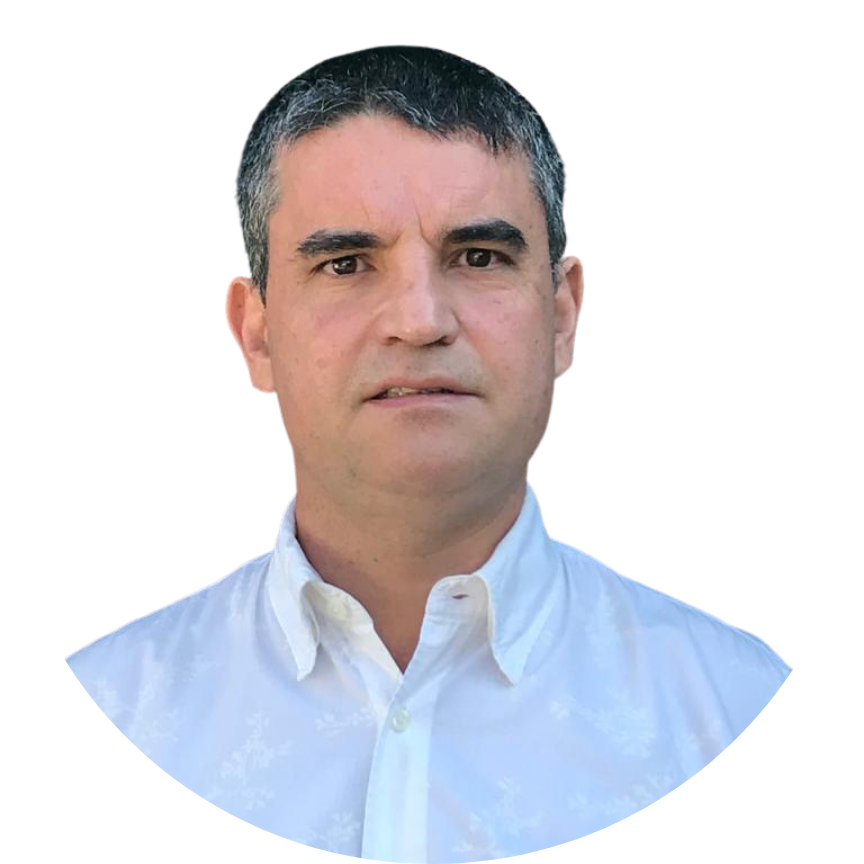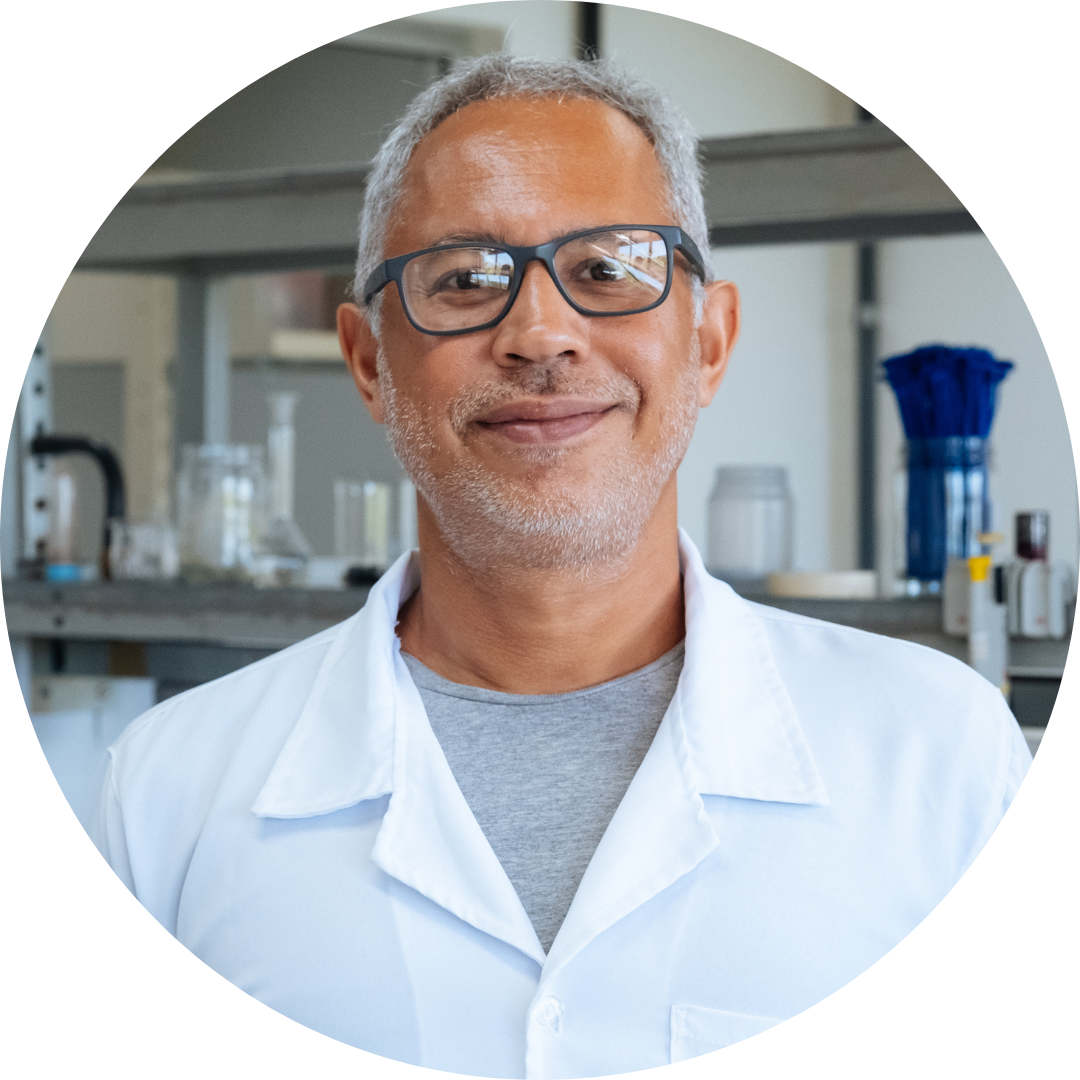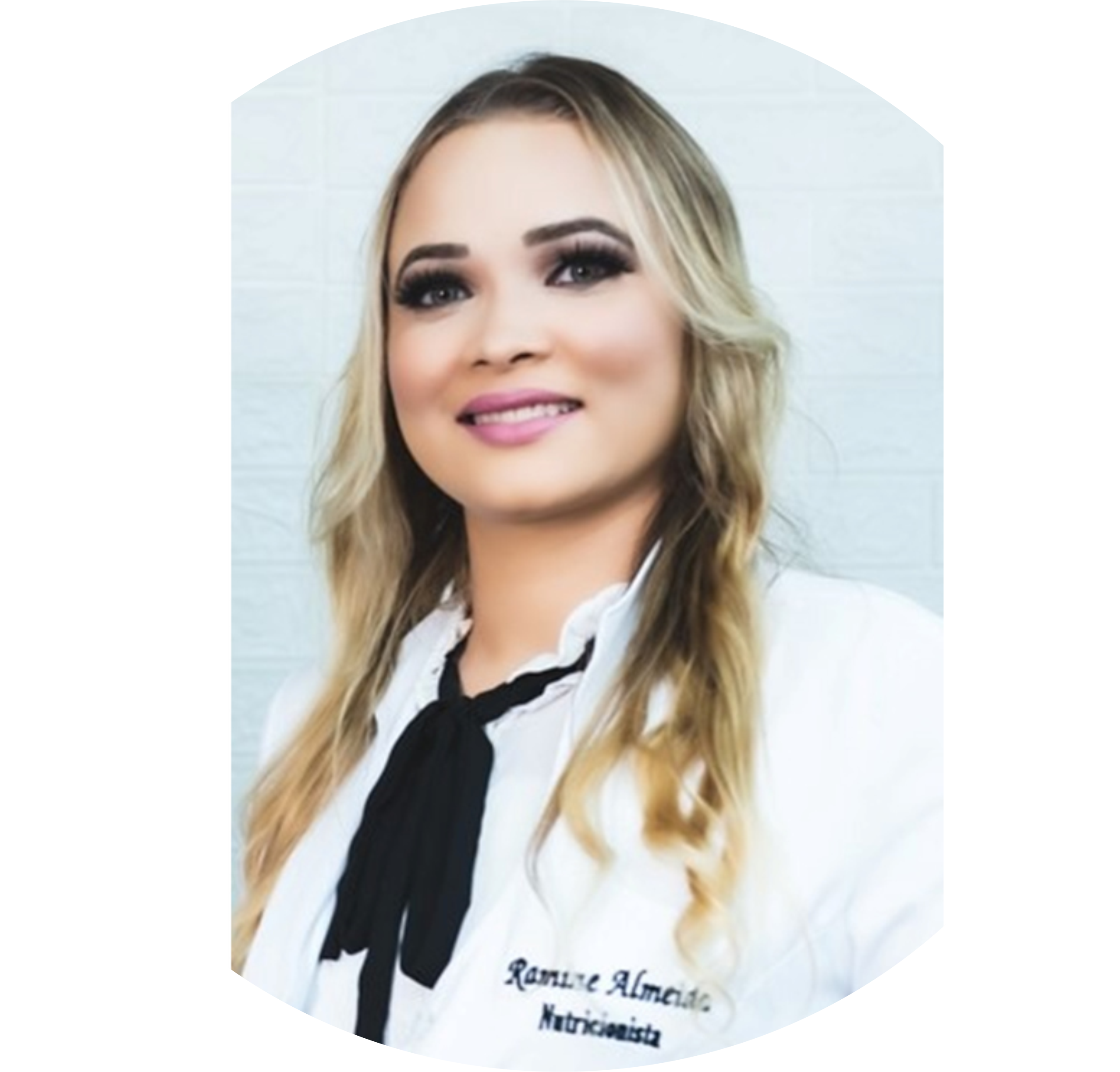
Thiago Anthonny da Rocha Félix
Studying Chemistry Integrated to High School tarf@aluno.ifnmg.edu.brIN THE MEDIA
• Banco do Brasil Foundation: Projects contribute to reducing hunger and malnutrition in Latin America. Read the article
• Banco do Brasil Foundation: Actions and Alternatives against Child Malnutrition. Read the article
• O Tempo A way out of malnutrition Read the story
• CBN: Researchers develop drink that promises to help fight child malnutrition. Read the story
We are a team of teachers and students from the Institute of Agricultural Sciences at the Federal University of Minas Gerais – Montes Claros Campus. Most of the team is linked to the Food Engineering programme and the Food and Health Master’s programme. We have several external collaborators, such as professors and students from UNIMONTES, UFLA, the health and social development secretariats of Montes Claros and Mirabela, pastoral organisations, NGOs and companies. We are open to new partnerships and collaborations.
PRESENTATION AND JUSTIFICATION
The National Iron Supplementation Programme states that iron deficiency anaemia is probably the most important nutritional problem in the Brazilian population, with severe economic and social consequences. Despite the lack of a national survey, there is consensus in the scientific community that iron deficiency anaemia has a high prevalence throughout the country, affecting all income classes. According to estimates, this deficiency entails an additional cost to the Brazilian economy in terms of treatment and loss of productivity and working days, as well as low school performance. Food fortification has proven to be a highly sustainable way of controlling iron deficiency anaemia worldwide and should be encouraged. Reducing iron deficiency anaemia in Brazil is one of the guidelines of the National Food and Nutrition Policy.
The use of highly available raw materials with a differentiated nutritional profile has been a strategy adopted by many countries for food development. Whey is one such raw material. Bovine cheese whey is a greenish-yellow aqueous fraction obtained from the coagulation of milk used to make cheese or casein. In Brazil, the estimated volume of cheese produced under federal inspection in 2002 was 423,000 tonnes (SPILOTRO, 2003). This corresponds to the production of approximately 3,807,000 tonnes of whey.
Studies have shown various health benefits of cheese whey, especially whey proteins, such as: immunomodulatory, antimicrobial, antiviral, anticancer activities, protection of the cardiovascular system and benefits for sporting activity (SGARBIERI, 2004).
The production of dairy drinks using whey is an option for adding value to the product and contributing to the utilisation of the industry’s co-product. The addition of essential minerals to the drink, such as iron, would make it a relevant vehicle for iron in the fight against iron deficiency anaemia, which is common among the various age groups and socioeconomic conditions of the population. According to Mahan and Escott-Stump (2002), this disease is more recurrent in children, since there is an increase in the body’s demand for iron due to the increase in blood volume and, consequently, haemoglobin, requiring a greater amount of oxygen for the growing and developing tissues.
Thus, the production of whey-based milk drinks supplemented with minerals, especially iron, is a viable alternative for supplementing the diet of school-age children, since at this stage of life there is a considerable demand for energy and nutrients, especially proteins, iron and calcium; this is confirmed by the high prevalence of underweight and iron deficiency anaemia in this population. It should be noted that socio-economic conditions interfere considerably in this situation, so this food included in school meals will have beneficial effects on the health of children and adolescents.
Studies are needed to investigate which of the known sociodemographic and nutritional factors are associated with the occurrence of anaemia in order to develop effective prevention programmes (SHANITA et al., 2018).
Based on these assumptions, which indicate the need to carry out research to support projects involving the assessment and discussion of iron deficiency anaemia in children, we sought to clarify which factors are associated with iron deficiency anaemia in children aged between 6 and 59 months in the municipality of Montes Claros, Minas Gerais. In addition, we researched treatment alternatives using supplements and the development of new technologies and products, including microencapsulation techniques for minerals and probiotics.
OBJECTIVES
The project’s main challenge is to solve the problem of malnutrition and anaemia in children. We are looking for low-cost solutions and regional nutritional sources that have been little explored until now. For example, combining fermented whey with fruits from the Cerrado, with iron-rich foods, and promoting bioavailability. The search for a food with a balanced and stable nutritional composition. In addition, it is a constant challenge to pass on the knowledge that is in the university to society.
To make a representative assessment of a population of schoolchildren with regard to malnutrition and anaemia and to propose an intervention in the clinical picture through the consumption of a fermented drink containing whey and iron.
SPECIFIC OBJECTIVES
The Integrated Actions Against Malnutrition programme has the following specific objectives:
- To carry out a survey with the Department of Health, Department of Education (and other bodies) on the clinical and socio-economic profile of school-age children;
- To develop fermented milk drinks containing cheese whey and fruit pulp from the cerrado as an economical, sustainable and effective way of treating malnutrition and anaemia;
- Intervir no quadro de subnutrição e/ou anemia, das crianças em idade escolar, através do fornecimento da bebida láctea fermentada, produzida nos laboratórios da UFMG-ICA.
- Evaluate the effect of consuming the fermented milk drink on the anthropometric and biochemical parameters of undernourished and/or anaemic children;
- To boost extension activities, involving undergraduate and postgraduate students, in the project’s activities with the community;
- Offer training courses for school cooks, schools, families, public bodies and other organisations on issues of food safety, child malnutrition and good manufacturing practices;
- Providing the federal and state governments with information and studies to improve public policies to minimise the problem of malnutrition and anaemia in children.
TEAM

Prof. Igor Viana Brandi
PhD in Biotechnology Project Coordinator ibrandi@hotmail.com

Profa. Gabriela da Rocha Lemos Mendes
PhD in Biotechnology Deputy Project Coordinator gabrielalemosmendes@gmail.com

Profa. Bruna Mara de Carvalho Mesquita
PhD in Food Science and Technology
Deputy Project Coordinator brunacarvalho@ufmg.br

Prof.Sérgio Henrique Souza Santos
PhD in Biological Sciences (Physiology and Pharmacology) Collaborator sergiosousas@ufmg.br
Prof.William James Nogueira Lima
PhD in Chemical Engineering Collaborator wjnlima@ufmg.br
Sandro Braga Soares
Zootechnician Master in Zootechnics Laboratory Technician soaressb@ufmg.br

Carla Adriana Ferreira Durães
Laboratory Technician

Hugo Calixto Fonseca
PhD in Food Science
Laboratory Technician hugocf@ufmg.br

Sarah Caroline Oliveira de Souza Boitrago
Nurse PhD student in Biotechnology (Unimontes)

Jéssica Santos Leal
Nutritionist Master’s student in Food and Health (ICA – UFMG)
Ramine Mirelle Mendes P. Almeida
Nutritionist

Maria Amanda do Carmo Souza
souzaamanda.izzie@gmail.com

Sildimar Rodrigues Ferreira
Food and Dairy Technician (IFNMG) Master’s student in Food and Health (ICA – UFMG)
Caroline Batista dos Santos
Undergraduate student in Food Engineering (UFMG) Scientific Initiation
Lara Miranda Caldas
Undergraduate student in Food Engineering (UFMG) Scientific Initiation

Yudji Christofoletti Sassaki Iuwakiri

Laudelina Ferreira de Andrade
Nutritionist
Master’s student in Food and Health
laudelina.andrade@ufma.br

Izabella Mendes Lima
Master’s student in Biotechnology
zablla@hotmail.com

Daniela Cácia dos Santos
Food Engineer Master’s student in Food and Health danielacds@ufmg.br
Larissa Ribeiro Costa
Undergraduate student in Food Engineering Scientific Initiation larissaribeirocostab@gmail.com
Ana Carolina Ferreira Santos
Food Engineering anacarolinafsantos0@gmail.com

Samara Pereira De Souza
Undergraduate student in Food Engineering Scientific Initiation sps2023@ufmg.br
Letícia Almeida Durães
Undergraduate student in Food Engineering leticiaalmeidaduraes1@gmail.com
Laine Celeste Cardoso da Cruz
Undergraduate student in Food Engineering lainecelestecardoso@gmail.com

Thiago Anthonny da Rocha Félix
Studying Chemistry Integrated to High School tarf@aluno.ifnmg.edu.brIN THE MEDIA
• Banco do Brasil Foundation: Projects contribute to reducing hunger and malnutrition in Latin America. Read the article
• Banco do Brasil Foundation: Actions and Alternatives against Child Malnutrition. Read the article
• O Tempo A way out of malnutrition Read the story
• CBN: Researchers develop drink that promises to help fight child malnutrition. Read the story